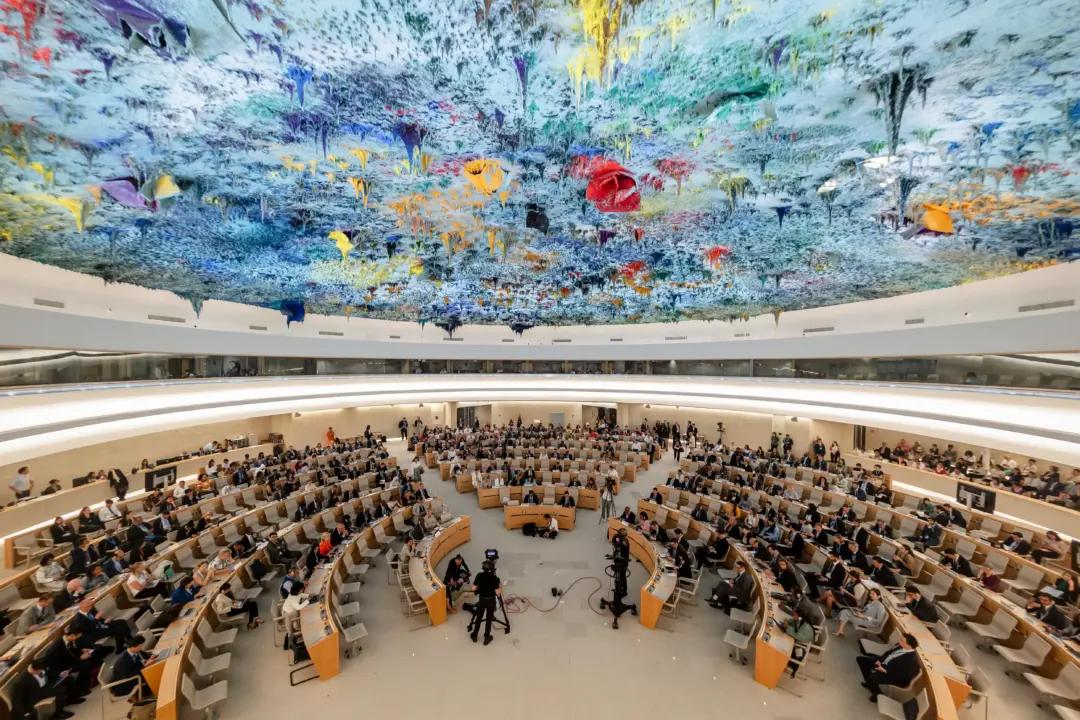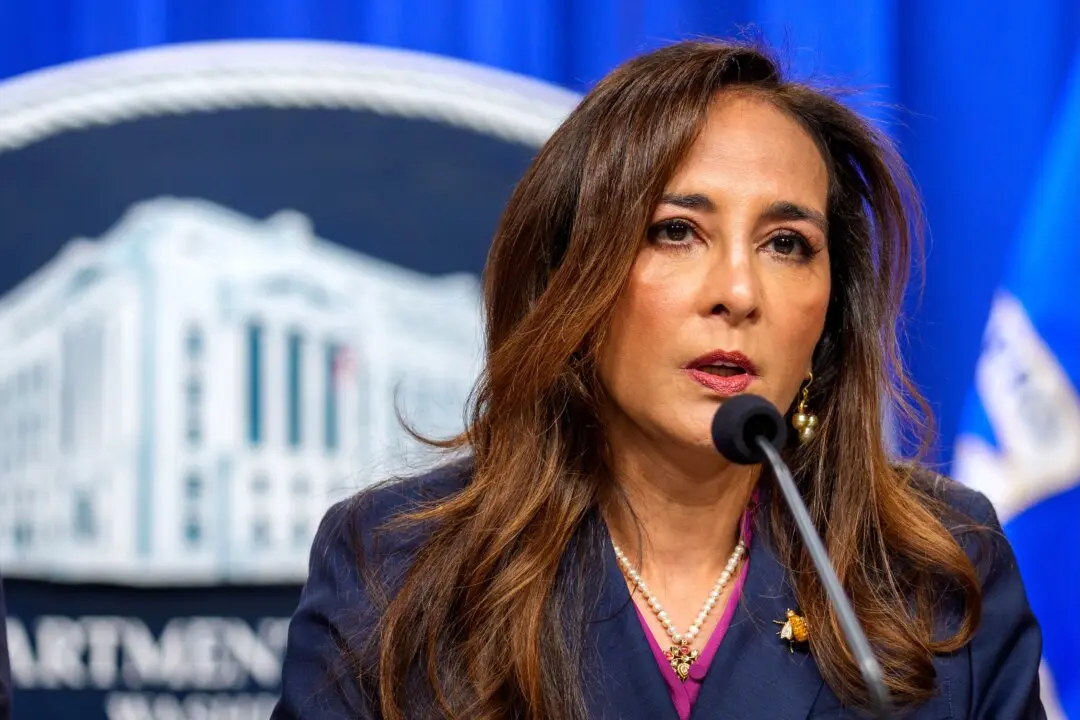The United States won’t seek another term on the U.N. Human Rights Council, the State Department said on Oct. 1.
“We decided not to seek another spot on the Human Rights Council this time just because we were engaged with our allies about the best way to move forward,” State Department spokesman Matthew Miller told reporters.





